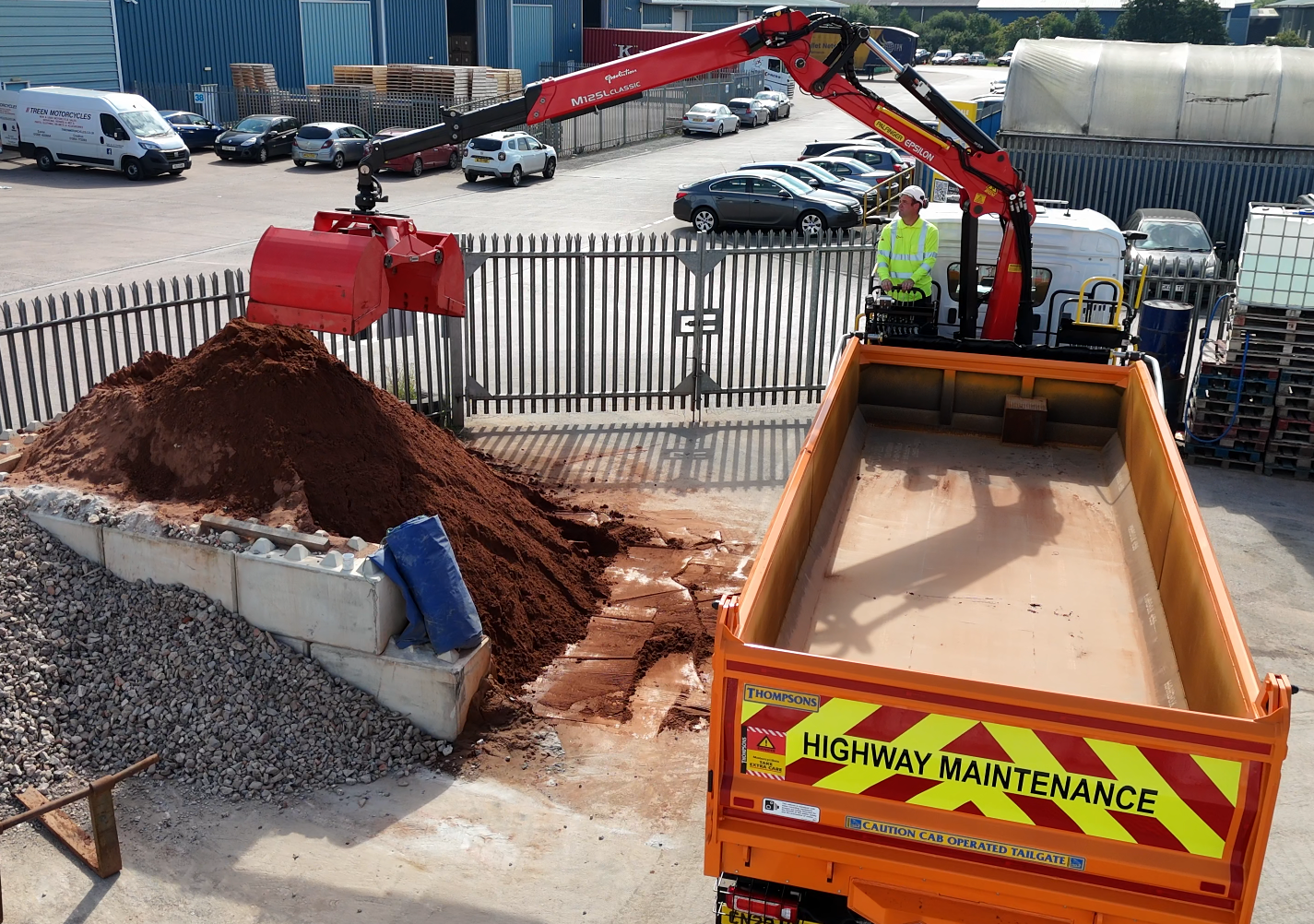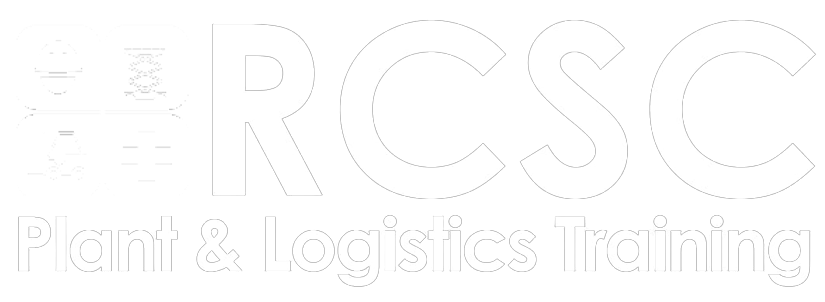There are a wide variety of Lorry Loader (aka HIAB) applications, and we are able to offer accredited or in-house training for each, tailored to the specific needs of your business.
The primary consideration for Lorry Loader training is the attachment being used. This is typically a Hook (with or without a hoist), Brick Grab or Clam Bucket but other attachments are also available such as pallet forks, auger, forrestry grab and more.
It is important to understand that Lorry Loader training covers the use of the loader itself and, although some basic information is included, it is not itself sufficient to cover Slinging and Signalling, which often forms part of a Lorry Loader operator’s role (check out our article on this for more info!). We do offer this as a separate course, with accreditation from all of the bodies listed below.
ALLMI
The Association of Lorry Loader Manufacturers and Importers (ALLMI) is possibly the most widely recognised qualifications for a Lorry Loader operator training. In part, this is due to it being the only trade organisation dedicated to Lorry Loaders. The training links directly to, and is compliant with, BS7121 part 4, the Appoved Code of Practice for the safe use of Lorry Loaders.
The scheme benefits from HSE commendation and recognition from CSCS, meaning operator cards bear the CSCS hologram which is often required for use of Lorry Loaders on construction sites. Once qualified, operators receive a temporary (6-month) certificate on the day of training, followed by a photo ID card which is valid for five years.
ALLMI training is split into different categories; A-D based on the loader’s capacity (tonne metres) and 1-7 based on the attachment used. There is also an E category to cover use of the remote control and an F category for specialist application machines.
For example, C1+E category would denote that the operator is qualified to operate loaders up to 20tm capacity (C) with a hook attachment (1) including by remote control (+E).
NPORS
The National Plant Operator Registration Scheme (NPORS) is also well regarded, particularly within the Construction and Utilities sectors.
As with the ALLMI scheme, NPORS also offer the option of including the CSCS logo on their operator cards. However, these are valid for two years as a “trained operator“, during which time the operator is required to complete an NVQ to upgrade the card to a five-year “competent operator” card. This is comparable to the CPCS scheme.
NPORS also offer the “traditional” card, which can be renewed periodically without the need to complete NVQs, which are not relevant for everyone.
Whilst NPORS do not have pre-defined capacity categories, the relevant attachment(s) tested will be stated on the operator’s card, and loader capacity can be specified or restriced where required.
Training is also available through the Association of Industrial Truck Trainers (AITT) or as an in-house qualification.
These courses are still delivered by the same experienced trainers, to the high standards to which we hold ourselves. However, lower candidate registration fees and reduced administration costs mean that we can pass that saving on to you, so this is a great option if cost is a key consideration.



